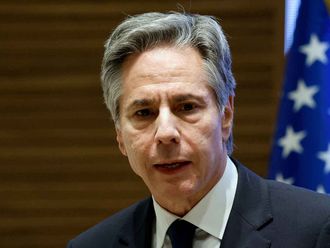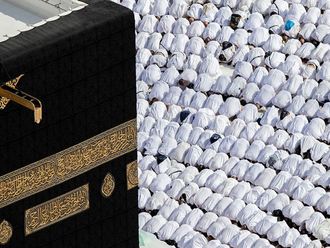Dubai: After the revolutions brought in new regimes in many Arab countries, including Tunisia and Egypt, the influence of political Islam started to rise in the region, raising fears of a new trend to destabilize the region.
While some elites believe the Arab Gulf region is shielded from such influences for many reasons, including deeply-rooted religious beliefs in their societies, they stressed that the populations refuse to use religion to achieve political gains.
“Extremism in the Gulf States, if used to achieve political gains, is not acceptable. It is also not acceptable to stop people from advancement,” said Shaikh Mohammad Ahmad Jasem Al Thani, former Qatar minister of Commerce and Economy.
“I consider myself a committed Muslim, and I say religion should not be used to reach certain gains.”
Shaikh Mohammad, who recently published a book on the Arab Gulf States and the Arab spring, explained that the Gulf region is characterized by two intertwined backgrounds; tribal and religious.
“They can’t be separated when talking about the area,” he told Gulf News in an interview.
“I see the Gulf governments deal with its people like their families, and not enemies,” he added, in reference to the clashes in other Arab countries where security forces had to crackdown on protesters and violently handle them as they called for reforms.
However, the unstable situation in some Arab countries, is making the Arab Gulf bloc “forced to take an apprehension approach” about the developments in other Arab countries, and feel more cautious where security is involved.
“Yes, I am concerned about the Gulf states. I am concerned about the possibility of exporting failed revolutions to the region. That is why I say the Arab Gulf states should be ahead of this game,”
He strongly believes the GCC can play a role model for the rest of the Arab region, and said the success of any country will reflect positively on the rest members of the six-member bloc.











